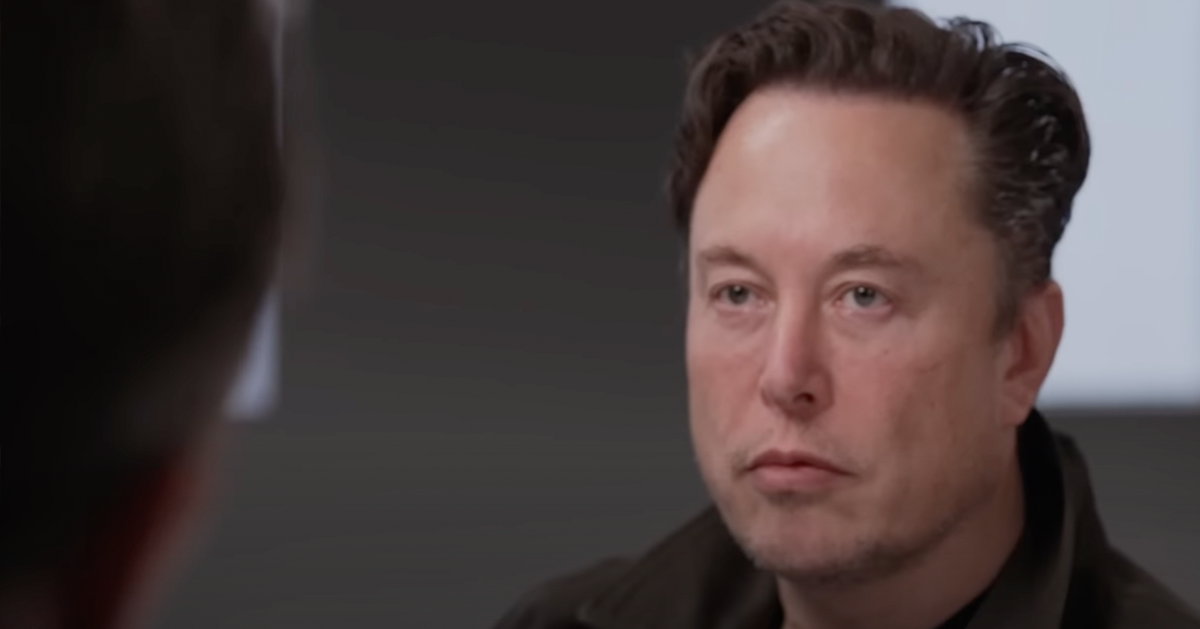USAID faces uncertain future as Marco Rubio steps in as acting administrator
The Trump administration has sparked widespread debate with its controversial announcement that it would dismantle the United States Agency for International Development (USAID).
To manage the shift, Secretary of State Marco Rubio has stepped in as acting head of the agency, while members of Congress, particularly Senate Democrats, express strong opposition, as the Washington Examiner reports.
The abrupt decision to curtail operations at USAID has led to significant changes within the organization. Notably, Rubio has been appointed as acting administrator amidst growing concerns.
Sen. Brian Schatz (D-HI) expressed disapproval of the plans, revealing his strategy to counter the administration's efforts concerning USAID. He stated, “I will oppose unanimous consent,” indicating strong intent to utilize all available legislative tools.
Schatz went on to say, “I will vote no. I will do maximal delays until this is resolved,” emphasizing his commitment to delaying any State Department nominees until the issue is addressed.
Security Officials Placed on Leave
The administration has taken immediate steps by placing two top security officials on leave and shuttering USAID’s headquarters.
On Monday, Feb. 3, employees at USAID’s Washington, D.C., headquarters were instructed to operate remotely unless they were involved in essential on-site duties, according to an email from the agency’s leadership.
The sudden actions have not come without critique. Over the previous week, the headquarters saw the removal of USAID logos and photographs of its aid efforts.
Furthermore, USAID’s online presence, including its website and social media profiles, was abruptly taken down over the weekend.
Presidential Criticism and Legislative Pushback
President Donald Trump has been vocal about his grievances with the agency. Returning from his home in Florida, he remarked that USAID has been “run by a bunch of radical lunatics,” reflecting his dissatisfaction and intent to overhaul the organization.
Elon Musk, the powerful figure overseeing the Department of Government Efficiency, offered his own stark assessment of USAID.
Through X, he characterized the agency as beyond redemption, with a metaphor involving a “ball of worms.” His remarks elevated concerns over the permanence and impact of the dismantling efforts.
Congressional Concerns Over Plans for USAID
The contentious move has not gone unnoticed by Congress. A group of ten Democrat senators authored a letter to Marco Rubio, articulating concerns about the legal ramifications.
The letter highlighted that any initiative to dissolve or integrate USAID into the State Department must undergo congressional approval.
The senators stressed the importance of a transparent and lawful process, saying, “Any effort to merge or fold USAID into the Department of State should be, and by law must be, previewed, discussed, and approved by Congress.” They underscored the necessity for legal consultation before reorganization efforts proceed.
Future of USAID in Uncertain Territory
For Rubio, this marks another chapter in his journey with the administration. Unanimously confirmed as secretary of State with a 99-0 vote on the first day of Trump’s presidency, he now leads an agency at a crossroads amid political tensions.
The closure of USAID’s headquarters, located at the Ronald Reagan Building, significantly affects its operational capacity. Amidst allegations and official statements, USAID’s future hangs in the balance. The agency’s stated mission to provide international aid now faces critical challenges.
In conclusion, the contentious decision to disband USAID continues to unfold under the Biden administration's attention. As Rubio steps up as acting administrator, the move has not only triggered political outcry but also prompted wide-ranging discussions on the role and structure of American foreign aid.






